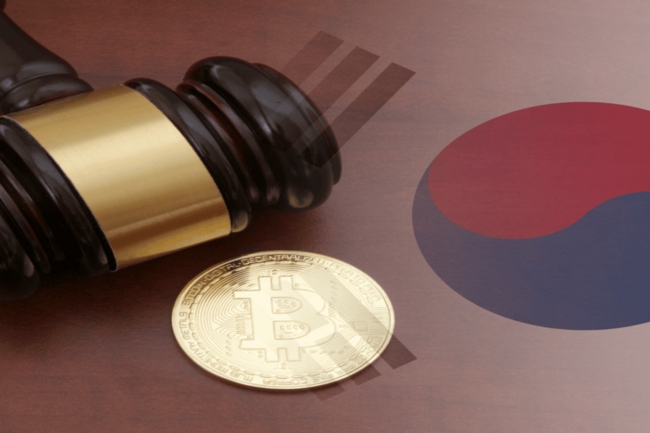Highlights:
- Haru Invest CEO was stabbed during a fraud trial in a Seoul court.
- The attacker reportedly used a ceramic knife to stab Lee.
- Lee was in critical condition and promptly taken to the hospital.
On August 28, the chief executive of South Korean crypto yield platform Haru Invest, Hugo Hyungsoo Lee, was stabbed while attending the eighth trial session for a major fraud case involving $826 million. The assault reportedly took place at the Seoul Southern District Court, where Lee was seated on the defendant’s bench, South Korean media outlet Digital Asset reported, citing sources present at the trial.
The CEO of Haru Invest, a South Korean crypto earning company, was attacked with a weapon in court and stabbed in the neck several times with a short knife. South Korean prosecutors charged three executives of Haru Invest with stealing about $826 million in cryptocurrency from…
— Wu Blockchain (@WuBlockchain) August 28, 2024
Details of the Attack
The stabbing occurred at about 2:20 PM in Courtroom No. 306. The attacker, Mr. Kang, a man in his 40s, was a victim of the fraud by Haru Invest. Kang smuggled a 5cm knife into the courtroom and suddenly stabbed Lee multiple times in the neck. The attack caused heavy bleeding, leaving a large bloodstain on the courtroom floor. Court security quickly subdued Mr. Kang, and an ambulance transported blood-stained Mr. Lee to the hospital.
Mr. Kang is under investigation by the Seoul Yangcheon Police Station for the attack on Mr. Lee. The stabbing underscores the high tension and emotional volatility in major financial fraud cases. News agency News1 reported that Lee is in “critical condition.”
According to the local news outlet Chosun Ilbo, a court representative suggested that the attacker might have bypassed security by using a ceramic knife. The report noted that ceramic weapons can evade detection, unlike metal detectors commonly used at court security checkpoints.
Background of the Fraud Case
Haru Invest was a company providing custody services for Bitcoin, Ether, USDT stablecoin, and other cryptocurrencies. Although the company initially promised investors up to 16% in total returns, multiple local news reports indicated that Haru Invest suspended withdrawals from its crypto custody service and closed its office in June last year.
On June 14, 2023, Delio, which claims to have handled over a billion dollars in crypto lending and borrowing, halted withdrawals. Delio attributed the suspension to the sudden cessation of deposits and withdrawals at Haru Invest, a crypto investment manager it partnered with. Local authorities began investigating Haru and Delio after both companies abruptly halted withdrawals.
In February 2024, South Korean prosecutors announced the arrest of three Haru executives, including the two co-CEOs. Authorities arrested Lee and other executives for allegedly stealing 1.1 trillion won ($828 million) from around 16,000 users between March 2020 and June 2023. However, authorities later released them on bail.
South Korea Introduces Stricter Token Listing Rules Amid Growing Crypto Interest
South Korea plans to enforce stricter rules for token listings, including blocking tokens that hackers have compromised. Authorities will release new virtual asset trading guidelines by the end of this month or early next month. South Korea is a major player in the global crypto industry. In Q1, the South Korean won was the most traded fiat currency, with a trading volume of $456 billion, just ahead of the US dollar’s $455 billion.
According to news1, South Korea's financial authorities will issue new guidelines to impose stricter regulations on tokens listed on CEXs. Tokens that have been hacked and have not yet resolved security issues may be blocked from listing, and may be forced to design specific…
— Wu Blockchain (@WuBlockchain) April 5, 2024
A recent survey shows that most young South Koreans are losing faith in the national pension system, preferring crypto and stocks. The study found that over three-quarters of people aged 20-39 “don’t trust” state pensions. More than half of those building their own pension plans use stocks and crypto. Interestingly, around 7% of election candidates also own digital assets, according to a Yonhap report on their asset disclosures.





